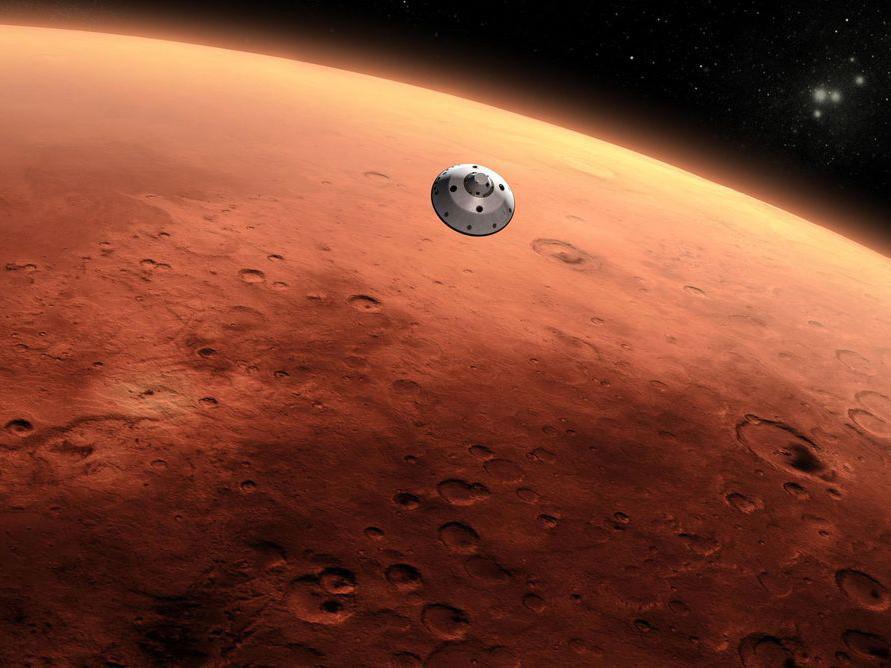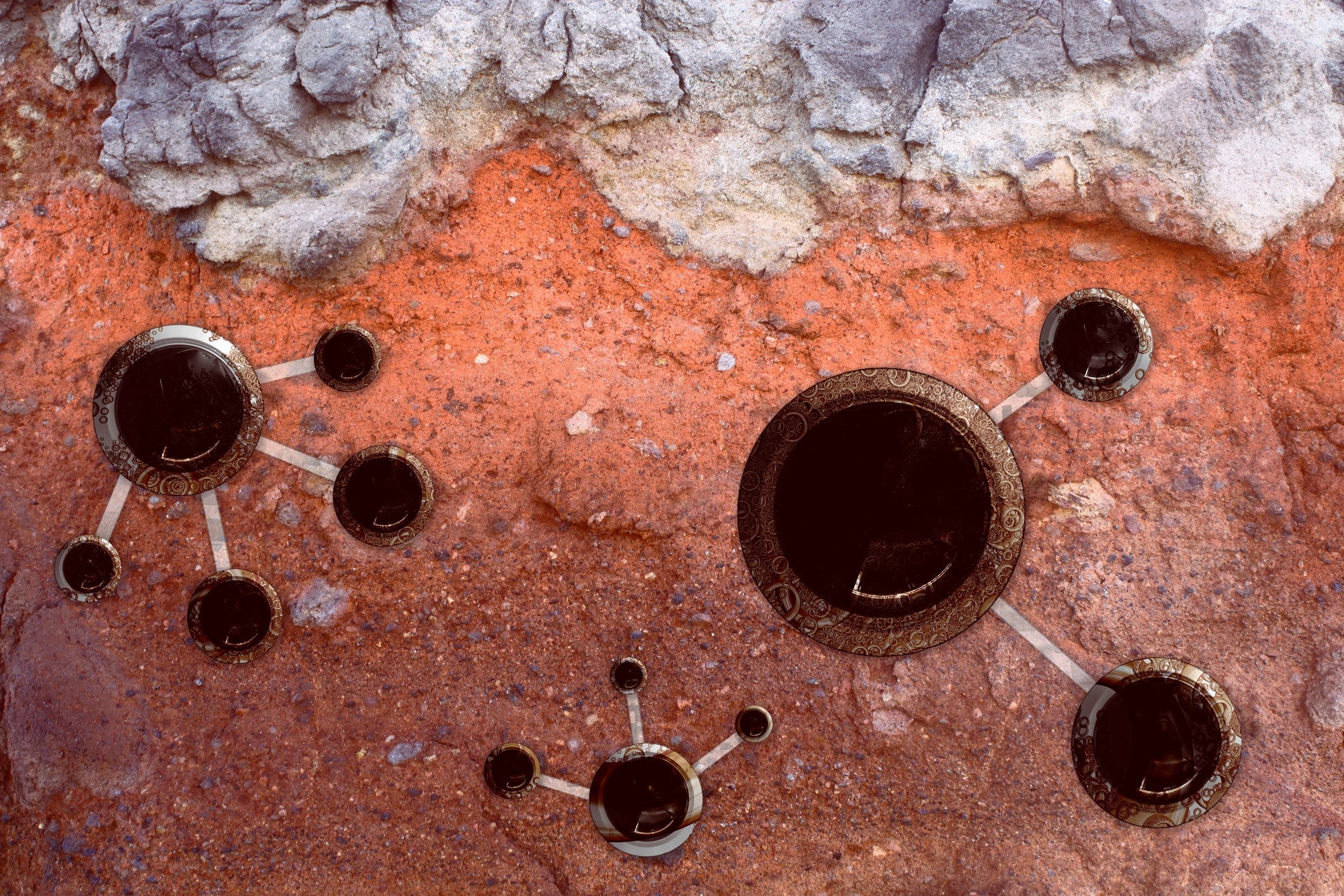Human missions to Mars in doubt after astronaut kidney shrinkage revealed
‘An astronaut could make it to Mars but they might need dialysis on the way back,’ scientist warns

Your support helps us to tell the story
From reproductive rights to climate change to Big Tech, The Independent is on the ground when the story is developing. Whether it's investigating the financials of Elon Musk's pro-Trump PAC or producing our latest documentary, 'The A Word', which shines a light on the American women fighting for reproductive rights, we know how important it is to parse out the facts from the messaging.
At such a critical moment in US history, we need reporters on the ground. Your donation allows us to keep sending journalists to speak to both sides of the story.
The Independent is trusted by Americans across the entire political spectrum. And unlike many other quality news outlets, we choose not to lock Americans out of our reporting and analysis with paywalls. We believe quality journalism should be available to everyone, paid for by those who can afford it.
Your support makes all the difference.Human missions to Mars could be at risk after new research revealed that long-duration space travel can impact the structure of astronauts’ kidneys.
Samples from more than 40 space missions involving humans and mice revealed that kidneys are remodelled by the conditions in space, with certain parts showing signs of shrinkage after less than a month in space.
The findings could jeopardise plans by SpaceX and Nasa to send crewed missions to Mars in the coming decades, with SpaceX boss Elon Musk recently claiming that it could be possible within the next “10 to 20 years”.

Scientists at University College London (UCL), who carried out the study, said that serious health risks are more likely to emerge the longer that an astronaut is exposed to the extreme conditions of space.
Future missions to Mars were not ruled out, though the scientists said that measures to protect the kidneys would need to be developed to avoid serious harm to astronauts. Methods of recovery could also be introduced onboard spacecraft, such as dialysis machines.
“We know what has happened to astronauts on the relatively short space missions conducted so far, in terms of an increase in health issues such as kidney stones,” said Dr Keith Siew, first author of the study from the London Tubular Centre, based at the UCL Department of Renal Medicine.
“What we don’t know is why these issues occur, nor what is going to happen to astronauts on longer flights such as the proposed mission to Mars. If we don’t develop new ways to protect the kidneys, I’d say that while an astronaut could make it to Mars they might need dialysis on the way back.
“We know that the kidneys are late to show signs of radiation damage; by the time this becomes apparent it’s probably too late to prevent failure, which would be catastrophic for the mission’s chances of success.”

Professor Stephen Walsh, senior author of the study from the London Tubular Centre, UCL Department of Renal Medicine, said: “Our study highlights the fact that if you’re planning a space mission, kidneys really matter.
“You can’t protect them from galactic radiation using shielding, but as we learn more about renal biology it may be possible to develop technological or pharmaceutical measures to facilitate extended space travel.”
The research was detailed in a paper published in the journal Nature Communications.
Join our commenting forum
Join thought-provoking conversations, follow other Independent readers and see their replies
Comments